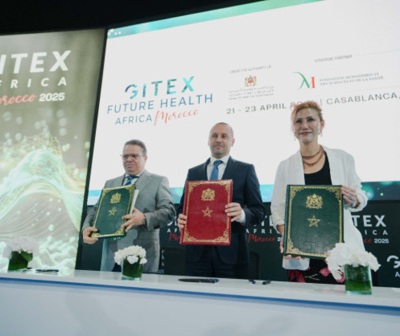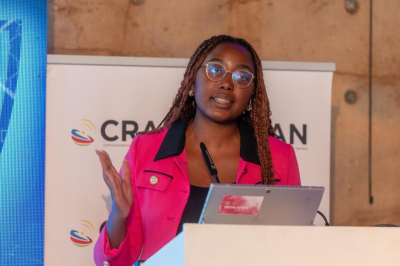In Africa, ICTs have proven their worth in resolving key issues in almost every sector, including the health sector. By using their tools, Senegalese authorities want to improve healthcare.
African genomics startup 54Gene and Senegal will soon launch a program aimed at assembling the reference genome of the Senegalese population. In that regard, the startup signed, Tuesday (May 24), a memorandum of understanding with the Senegal Academy of Science and Technology (ANSTS) and Cheikh Anta Diop University’s department of human genetics.
The program dubbed SEN-GENOME is scheduled to start in July 2022 and initial results are expected for December 2023. Based on results from the genomic study of the country’s main ethnolinguistic groups, it will help lay the foundation of precision medicine, and identify the hereditary risk factors of some diseases like cancer, heart diseases, and hereditary diseases. It will also allow better health surveillance for the Senegalese population.
For Prof. Aynina Cisse, ANSTS representative during the signing ceremony, SEN-GENOME is launched because researchers noticed that “the reference human genome currently used is not representative of the genetic variety of Africans as a whole and Senegal in particular.”
In that regard, the program will establish a reference genome reflecting the genetic diversity of the Senegalese population. The reference genome assembled will be used to improve the diagnosis, prognosis, treatment, and prevention of the most common diseases. It will also allow anthropologists to better understand communities’ socio-cultural history.
“Modern medicine will rely on every individual's gene pool. SEN-GENOME, which is the first reference genome project in Francophone sub-Saharan Africa, will help initiate a genomic medicine plan in Senegal,” explained Prof. Rokhaya Ndiaye Diallo, head of Cheikh Anta Diop University’s department of human genetics.
"Africa has the most genetically diverse population but, those populations are poorly represented in international genomic databases. SEN-GENOME will help fill this gap and allow Senegal further precision medicine,” commented Dr. Abasi Ene Obong, 54Gene founder and CEO.
Muriel Edjo



















